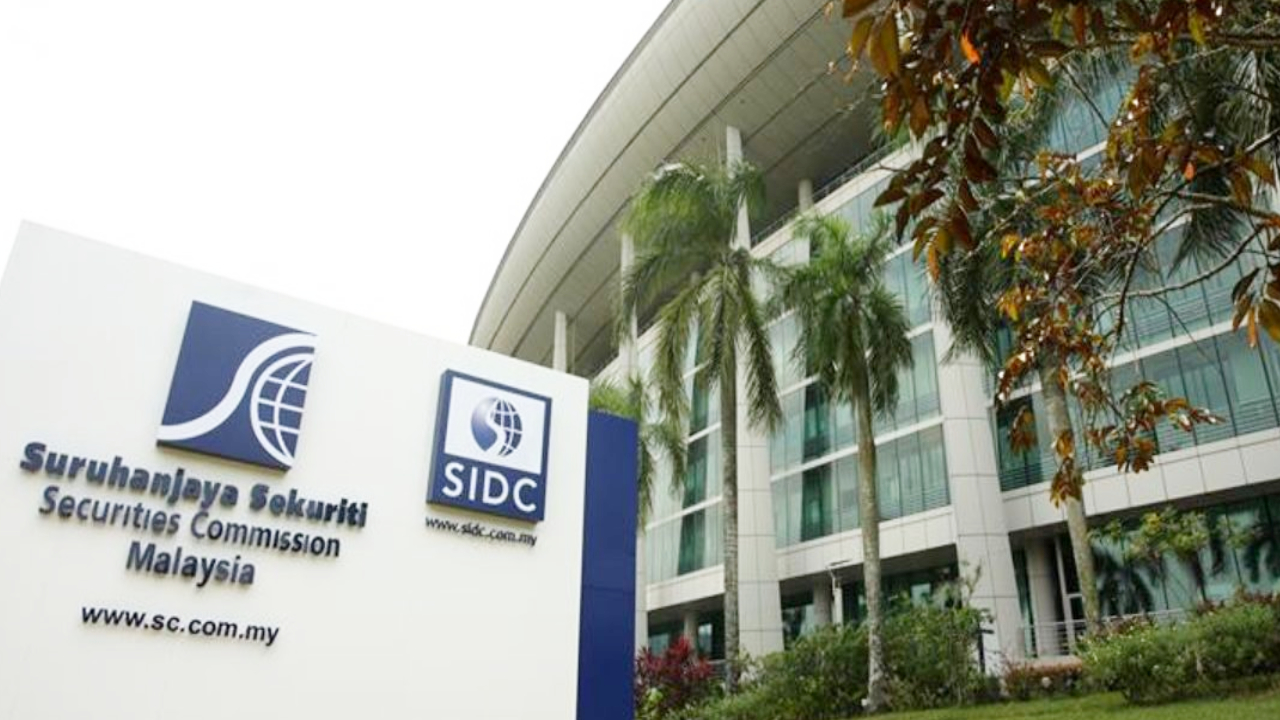The Shariah Advisory Council of Malaysia’s securities commission has advised that it is permissible to invest and trade cryptocurrencies on registered crypto exchanges. About 60% of the country’s population are Muslims, many of whom have been reluctant to trade crypto in fear that it might not be Sharia-compliant.
Shariah-Compliant Crypto Trading
The Shariah Advisory Council of the Securities Commission Malaysia (SC) reportedly revealed its position on cryptocurrency trading in the country at the Invest Malaysia 2020 event this week. SC chairman Datuk Syed Zaid Albar was quoted by the Edge Markets as saying during a teleconference panel session on Tuesday:
The SC Shariah Advisory Council has resolved that in principle, it is permissible to invest and trade in digital currencies and tokens on registered digital asset exchanges.
He added: “This is a really ground-breaking resolution by the SAC (Shariah Advisory Council) that could spur greater development and investment in digital assets … Once the resolution is finalised, we will issue further details.”
The Shariah Advisory Council was established with the endorsement of the Malaysian Ministry of Finance in 1996. Its mandate, according to the SC website, is “to ensure that the implementation of the Islamic capital market complied with Shariah principles. Its scope of jurisdiction is to advise the commission on all matters related to the comprehensive development of the Islamic capital market and to function as a reference centre for all Islamic capital market issues.”

Malaysia is a multiracial country with a current population of approximately 32 million, about 60% (19.43 million) of which are Muslims, the Islamic Tourism Centre of Malaysia described, adding that Islam is constitutionally the country’s official religion. “The Shariah Law in Malaysia is only applicable to Muslims and is used to resolve conflicts relating to creed and family matters,” the center noted.
Malaysia’s Cryptocurrency Regulation
Malaysia’s securities commission, Suruhanjaya Sekuriti Malaysia, started regulating the country’s cryptocurrency industry on Jan. 15 last year, when “the Capital Markets and Services (Prescription of Securities) (Digital Currency and Digital Token) Order 2019” went into effect. So far, three cryptocurrency exchanges have been approved to operate in the country: Luno Malaysia, Sinegy Technologies, and Tokenize Technology.
Several studies have been conducted to establish whether cryptocurrency trading is Sharia-compliant. News.Bitcoin.com previously reported that a research paper declares bitcoin compliant with Shariah law. There are also cryptocurrency exchanges that specialize in being Shariah compliant.
Japanese digital media giant Okwave Inc. recently concluded joint research on Shariah-compliant digital coins in collaboration with Universiti Teknologi Malaysia (UTM). Emphasizing that cryptocurrency adoption is growing worldwide, the company commented in January:
Statistics show that cryptocurrency usage in Muslim countries are amongst the lowest worldwide, which is attributed to their reluctance in legitimizing cryptocurrencies for fear that they are not compliant with Islamic law.
What do you think about the Malaysian Shariah Advisory Council’s decision on cryptocurrency? Let us know in the comments section below.
Image Credits: Shutterstock, Pixabay, Wiki Commons
Disclaimer: This article is for informational purposes only. It is not a direct offer or solicitation of an offer to buy or sell, or a recommendation or endorsement of any products, services, or companies. Bitcoin.com does not provide investment, tax, legal, or accounting advice. Neither the company nor the author is responsible, directly or indirectly, for any damage or loss caused or alleged to be caused by or in connection with the use of or reliance on any content, goods or services mentioned in this article.



